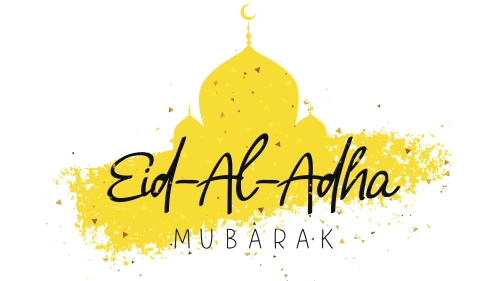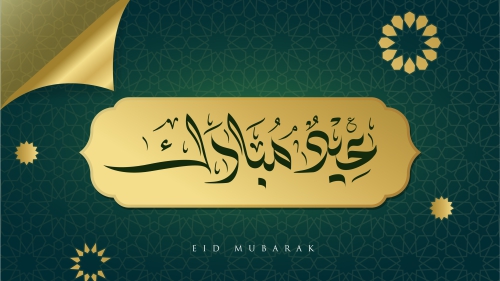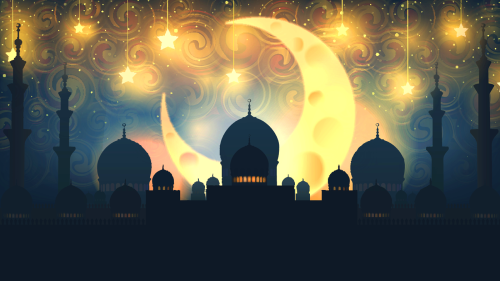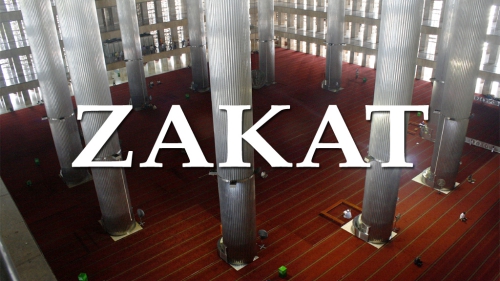A Celebration At The End Of Ramadan
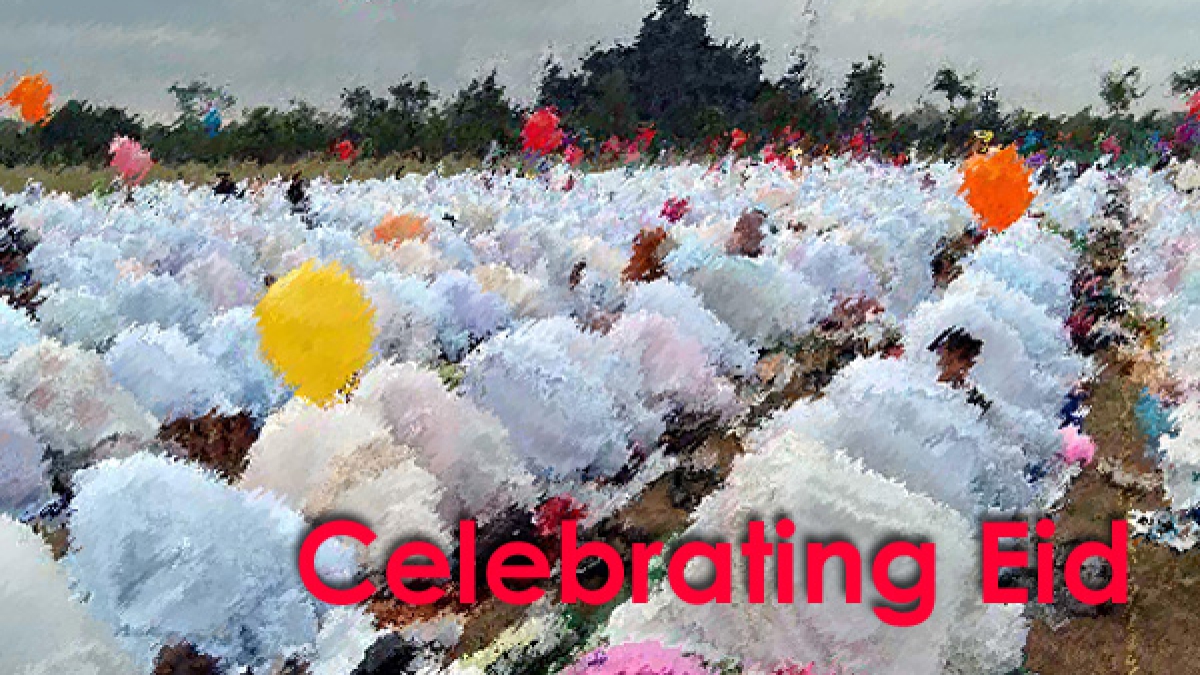
One of the most joyous days in the Islamic calendar, Eid al-Fitr, also known as Eid ul-Fitr or Eid, is a celebration that marks the end of Ramadan (a holy month of fasting observed by Muslims). This year Eid al-Fitr will most likely be observed on Thursday, August 8, 2013 in the United States. It is celebrated on the first day of Shawwal, the 10th month of the Islamic lunar calendar. Traditionally, the observance begins with the sighting of the new moon. While many will wait to see the moon or an announcement from Mecca, the Fiqh Council of North America has determined that Eid al-Fitr 2012 will fall on August 8, 2013, based on astronomical calculations.
According to a hadith attributed to Anas ibn Malik, a companion of the Prophet Muhammad, the two festivals of Eid al-Fitr and Eid al-Adha were instituted by the Prophet after his journey from Mecca to Medinah.
"When the Prophet arrived in Medinah, he found people celebrated two specific days in which they used to entertain themselves with recreation and merriment. He asked them about the nature of these festivities to which they replied that these days were occasions of fun and recreation. At this, the Prophet remarked that the Almighty has fixed two days [of festivity] instead of these for you which are better than these: Eid al-Fitr and Eid al-Adha.
The first Eid al-Fitr was celebrated in 624 CE by the Prophet Muhammad and his companions after the victory of the battle of Jang-e-Badar.
To mark the beginning of Eid and in accordance with the Sunnah, or practices of the Prophet Muhammad, many Muslims wake up early in the morning and pray Salat ul-Fajr, or the pre-dawn prayer. After brushing their teeth, taking a bath and wearing perfume, they have breakfast before heading off to perform special congregational prayers known as Salaat al-Eid. Many Muslims recite the takbir, a declaration of faith, on the way to the prayer ground and give special charitable contributions known as Zakat al-Fitr.
Eid al-Fitr is a day of great merriment and thanksgiving. Muslims celebrate by gathering with friends and family, preparing sweet delicacies, wearing new clothes, giving each other gifts and putting up lights and other decorations in their homes. A common greeting during this holiday is Eid Mubarak, which means, "Have a blessed Eid!"
Are you celebrating Eid al-Fitr this year? If so, let us know how in the comments section or on our Ramadan experience page.
Source: HuffingtonPost
Related Suggestions
that i am writing for my parentals so thank you i found it easy to
read and understand so may allah be proud thank you :)
and be nice all over the world. IT rewards you by letting you
celabrate after fasting all those 29 or 30 days .
FCNA/ISNA determines the Islamic Calendar/Rituals based on Astronomical not Islamic
Lunar Criteria that are described below:
Astronomical: Starts with 1st Phase of Lunar Cycle (Black Moon, Non Visible-No reflection
of Light, Conjunction,) (This is Astronomical Lunar Month= Black Moon to Black Moon.
FIXED)
Islamic: Starts with 2nd Phase of Lunar Cycle (Crescent, Visible-Reflection of light, Out of
Conjunction) (This is Islamic Lunar month= Crescent to Crescent. VARIABLE).
Quran says (OBEY ALLAH and OBEY the MESSENGER)
Sahih/Clear Ahadith about Crescent Sighting/News with Sahih/Clear Ahadith against
Calculations.
Many Non Muslims use Birth of New Moon (Conjunction, Black Moon, Invisible) for their
Rituals and Calendars.
please make a decision you want to go with whom?






